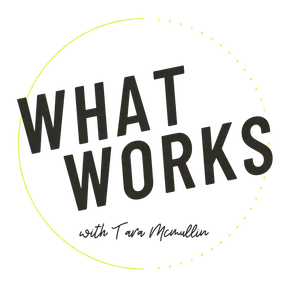EP 409: The Economics Of Information and Care
If information wants to be free… why is it so darn expensive?
The first time I heard you could charge $47 for a PDF less than 50 pages long, I was shocked. When I first encountered an online course selling for $2000, I about fell out of my chair. Of course, it wasn’t long until I, too, was selling information products for more than my first car cost.
Of course, I’m also an autodidact who benefits greatly from the proliferation of “free” information. And I’m a writer and podcaster who chooses to make 99% of what I make free to consume and use.
I’ve benefited from both sides of the equation when it comes to the economics of information. And so this episode is a long time coming. It’s an exploration of the seeming paradox at the heart of how we value information. And this episode covers some broad territory: from the 1960s and Stewart Brand who originated the phrase “information wants to be free,” to how information gets priced, to a case study on two of my most popular forays into information products, to feminist economics and the erasure of care work.
Footnotes:
- “The Real Legacy of Stewart Brand w/ Malcolm Harris” on Tech Won’t Save Us with Paris Marx
- “The Zen Playboy” by Malcolm Harris in The Nation
- My courses on CreativeLive
- “Feminist Economics” video series from the Institute of New Economic Thinking, hosted by economist Jayati Ghosh
- Berik, Günseli, Ebru Kongar. The Routledge Handbook of Feminist Economics. 2021. 1st ed., Taylor and Francis, 2021.
- “What is Money? With Paco de Leon” on What Works
- Revolution at Point Zero: Housework, Reproduction, and Feminist Struggle by Silvia Federici

